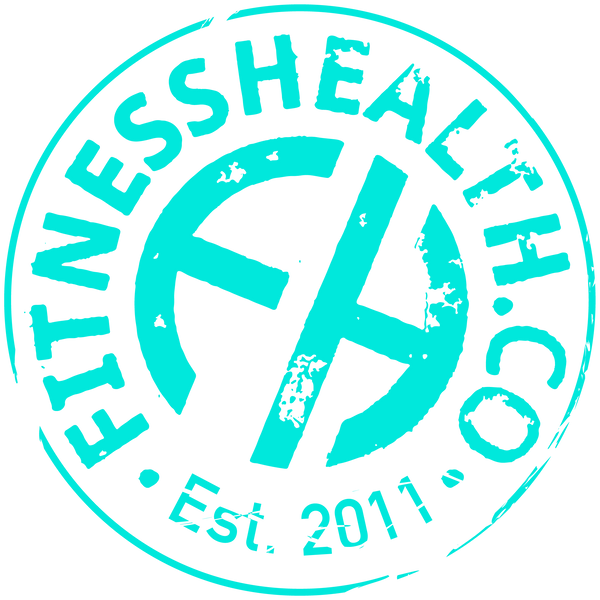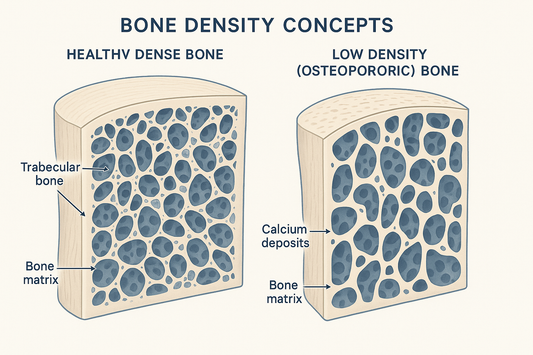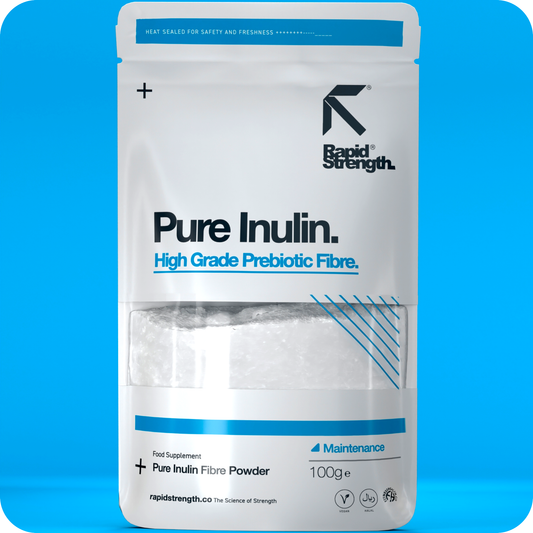While following a vegan diet is a valid choice, according to certain research, it’s impossible to be vegan and remain properly nourished because some of the important supplements needed by the human body are present in animal-based products. This is why it’s important for vegans to take vital supplements.
Here are the 8 vital supplements for vegans and why they are beneficial:
- Vitamin B-12:
This type of vitamin helps in the formation of red blood cells and makes the nervous system healthy. Anyone can have decreased levels of vitamin B-12, but vegans have a higher chance of such deficiency.
Such type of vitamin is found naturally in animal products like eggs, meat, fish and poultry, etc. Not consuming vitamin B-12 can lead to a person developing symptoms of fatigue, severe neurological problems, and loss of appetite. Soy products like tofu, soy rice, nut milk, breakfast cereals can fulfill the need for B-12.
- Omega-3 Fatty Acids
Fatty acids play an essential role in maintaining the health of the heart, eye, and brain. A rich source of fatty acids is fish and eggs. Inadequate intake of fatty acids can result in severe problems like depression, allergies, and inflammatory bowel disease (IBD).
Our body can’t produce alpha-linolenic acid or ALA (a type of fatty acid). So, we get it from what we eat. ALA is required by the body to make other long-chain omega-3 fatty acids, such as DHA and EPA. Algae oil supplements are considered the best source of EPA and DHA for vegans.
- Iron:
Iron is essential to build blood cells and help them carry oxygen inside the body. Take note; iron has two types. There’s the heme iron and non-heme iron. The heme iron comes from animals and is easily absorbed by the human body when compared to non-heme iron that comes from plants.
So, plants don’t only have low levels of iron, but whatever iron is present in them, the body can't be absorbed well. Eating a good portion of broccoli, nuts, and seeds can be used to fulfill iron needs in vegans.
- Calcium:
Calcium and Vitamin D are found in the milk of animals. It is essential for bone health, teeth, and muscle formation. Lack of calcium can result in brittle bones and arthritis. Green vegetables, legumes, and soy milk can be a supplement of calcium for vegans.
- Vitamin D:
Vitamin-D improves the immune system and helps the body to absorb nutrients like phosphorus and calcium. Our body can produce vitamin D, but only when it gets sunlight. Non-vegans can get Vitamin-D from milk and other dairy products. However, for vegans, a good source of Vitamin-D is mushroom and cereals.
- Iodine:
The body requires iodine for the health of the thyroid gland. It is found in low quantities in plants. Seaweed also contains iodine. Vegans can consume edible seaweed (such as sushi) a few times a week to get the iodine required by their bodies. Iodized salt should be used to prepare vegan food.
- Zinc:
Zinc is yet another element required to improve the immune system and metabolism. Some plant-based sources have zinc. However, a plant compound called phytates, which is present in cereals and legumes, can diminish the zinc absorption. Some vegans get their zinc from supplementary pills.
- Vitamin K:
Vitamin K prevents blood clotting and promotes natural wound healing. There are two forms of Vitamin-K:
- Vitamin K1 is present naturally in dark green leafy vegetables.
- Vitamin K2 is found in egg yolks and dairy products.
Since vegans cannot eat dairy or eggs, Vitamin K2 is also present in fermented foods like vegan kimchi and raw sauerkraut.
You should know the right ways to fulfill your body's needs for certain vitamins if you're planning to begin a vegan diet. Do remember to consult your health provider as well.












